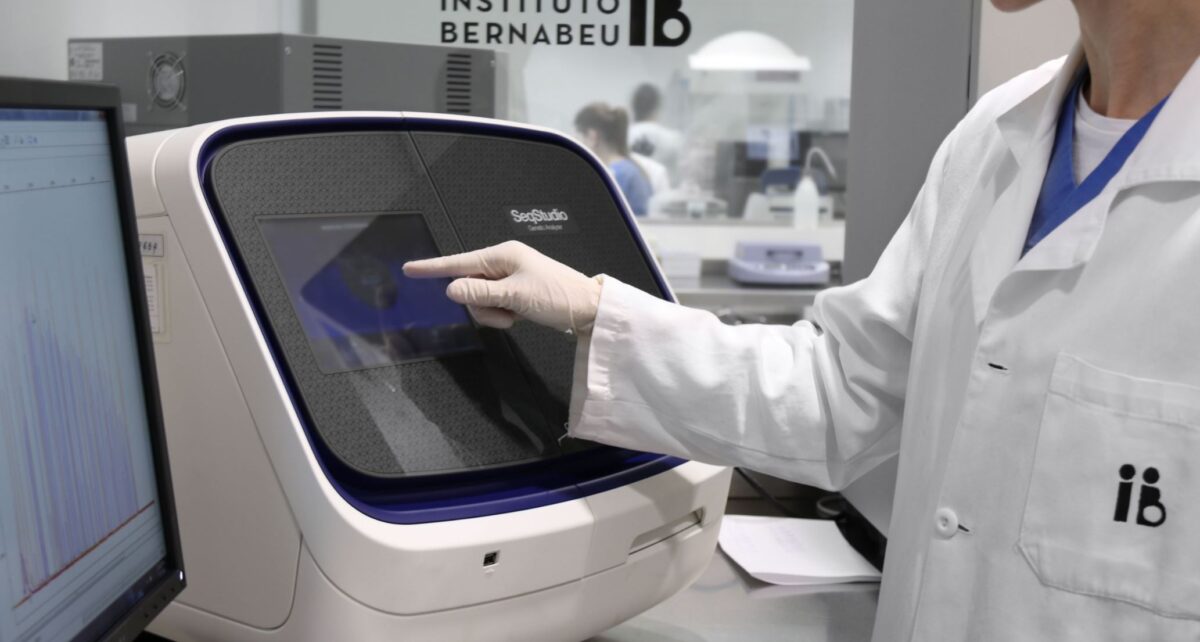
Y chromosome microdeletion: Male sterility and genetic material loss diagnostic technique
We all have 46 chromosomes: 23 of them are inherited from our father and 23 are from our mother. The genetic information for our entire body is stored within these chromosomes. Two of the 46 are sex chromosomes and determine whether we are male (XY) or female (XX). Therefore, the Y chromosome contains all the necessary information for differentiating males from females as well as for sperm production.
Índice
What is the Y chromosome microdeletion analysis about?
The study of Y chromosome microdeletions consists of checking if chromosome Y is complete and, as such, has all the necessary information for satisfactory sperm production or if, on the contrary, small fragments are missing. The loss of such fragments leads to altered spermiogramme which can mean poor sperm production (oligozoospermia) or even no production at all (azoospermia).
Is the Y chromosome microdeletion study useful?
For all those patients with an altered seminogram sperm count, this test is of utmost importance since it will provide information on if the low sperm count is down to genetics and, therefore, may be passed on to male children.
The techniques used in laboratories the world over involve molecular biology techniques which only check a small number of Y chromosome regions.
Diagnosis advanced technique

As a part of our commitment to provide our patients with the very latest in innovative technology and deliver top results, we have recently introduced a new technique (MLPA, multiplex ligation-dependent probe amplification) which enables a greater number of Y chromosome regions to be studied. This means that we are able to diagnose more cases since we can detect the presence or absence of a greater number of Y chromosome regions. As such, more patients will get information on the cause of their sperm production issue. It will also enable the specific region of the Y chromosome which has been lost to be identified and, therefore, depending on which region it is, disclose whether a total loss of sperm production may occur in the future. If the patient is currently producing sperm, this will open up the possibility of freezing before production comes to a complete standstill, thus allowing for biological descendants in the future.
We must not forget that Y chromosome microdeletions mean a loss of genetic material. And that in such cases the fertility issue will be passed on to future male generations. Appropriate reproduction and genetics counselling is, therefore, a must. Instituto Bernabeu has a unit which is specialised in genetics and reproduction counselling where each case is evaluated on an individual basis and the patient is given appropriate advice.
Dr. Belén Lledó, IBBIOTECH scientific Director of Instituto Bernabeu.
